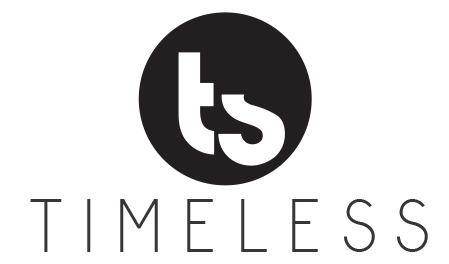Estate planning is an important part of any financial strategy. It’s a broad term that covers a lot of issues, but estate planning generally refers to the distribution of one’s assets after death. An estate plan may include a will, trust and other documents that state how your property and other assets should be distributed to your heirs.
In today’s digital age, though, estate planning isn’t just for financial assets. You may have virtual accounts and assets that also need planning and protection. For instance, your email may hold important or sensitive information. Your social media accounts may hold photos, videos or other assets with sentimental value. Perhaps you even have online investment accounts or income streams that will need management after your death.
Unfortunately, there’s no standard legal process for managing these assets. While a will, trust and other tools are accepted as legal documents to manage financial assets, it’s unclear how these documents can be used with regard to digital accounts. This is a relatively new area of estate planning, so your strategy could evolve over time. However, there are a few basic steps you can take today to protect yourself and your digital footprint.
Decide on your wishes for your digital assets.
Before you take any action, it’s helpful to sit down and think about your wishes and objectives. Make a list of your important accounts, such as email, social media, photo and file storage, and more. Then consider what you would like to happen to those accounts after you pass away.
Are there any compelling reasons why someone would need access to an account? For instance, do you do business through an email or online payment account? Would your family need access to that information?
Also consider the sentimental value of your various accounts. Do you have pictures or other memories that you would like to share with your family after you’re gone?
Finally, privacy is also a concern. If you give your family access to your email or social media after you pass away, consider that they may be able to see everything you have ever done in those accounts. There may be certain information or communications that you don’t want to share with your children or other loved ones.
Learn about your digital vendors’ rules.
Since there are no standard rules about posthumous digital management, each company has created its own rules and guidelines. Some email providers are strict and don’t allow any access after an account owner’s death. Others allow access if the account hasn’t been used in several months. Some social media companies will keep your page up as a “remembrance page” with limited access to others.
Do some research to see how your primary account platforms operate after a user’s death. They may allow you to designate a backup person to take over your account or access certain information. If they don’t allow that option, you may need to consider alternative strategies.
Create written instructions.
Theoretically, you could include account management instructions, usernames and passwords in your will or other documents. That may not be a great idea, however, as those documents are often filed as public record. That means anyone could gain access to your accounts.
Instead, consider using a password management tool to store login info, and then simply have your estate executor provide that info to the appropriate person. You could also store a document with digital asset instructions along with your other important documents, such as your insurance policy, will and others.
Ready to review your estate planning strategy? Let’s talk about it. Contact us today at Timeless Solutions. We can help you analyze your objectives and all your assets, and then develop a plan. Let’s connect soon and start the conversation.
Licensed Insurance Professional. This information is designed to provide a general overview with regard to the subject matter covered and is not state specific. The authors, publisher and host are not providing legal, accounting or specific advice for your situation. By providing your information, you give consent to be contacted about the possible sale of an insurance or annuity product. This information has been provided by a Licensed Insurance Professional and does not necessarily represent the views of the presenting insurance professional. The statements and opinions expressed are those of the author and are subject to change at any time. All information is believed to be from reliable sources; however, presenting insurance professional makes no representation as to its completeness or accuracy. This material has been prepared for informational and educational purposes only. It is not intended to provide, and should not be relied upon for, accounting, legal, tax or investment advice. This information has been provided by a Licensed Insurance Professional and is not sponsored or endorsed by the Social Security Administration or any government agency.
18086 – 2018/10/1

